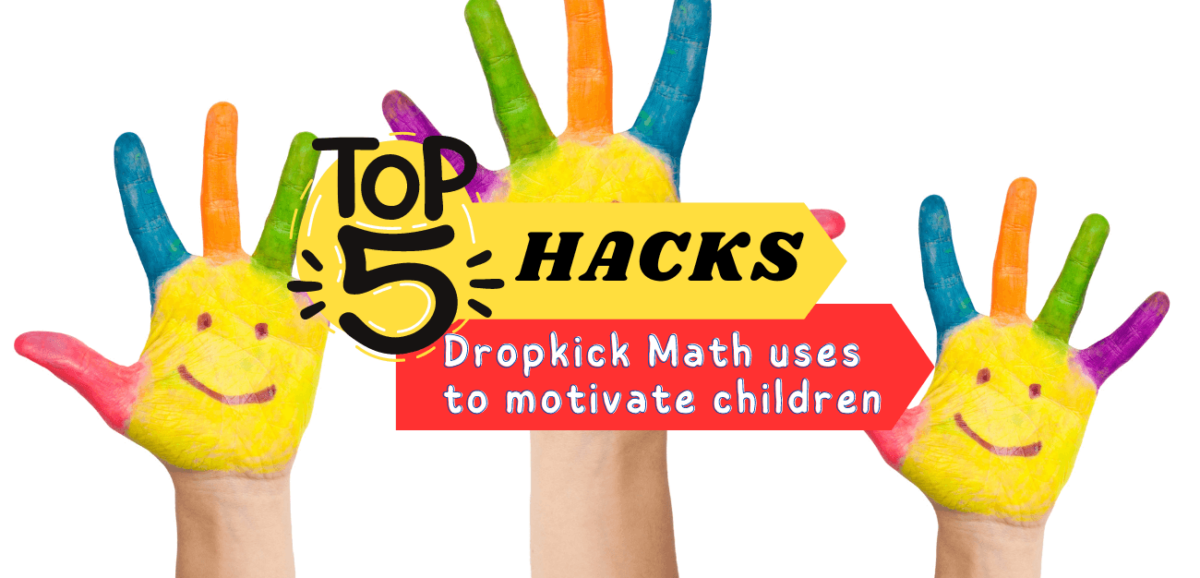As parents, we want our children to succeed academically. We want them to have the necessary resources and opportunities available to them as they work hard toward their education. But with today’s realities, it can be difficult for parents to provide their children with in-person math tutoring services due to various restrictions such as time […]











